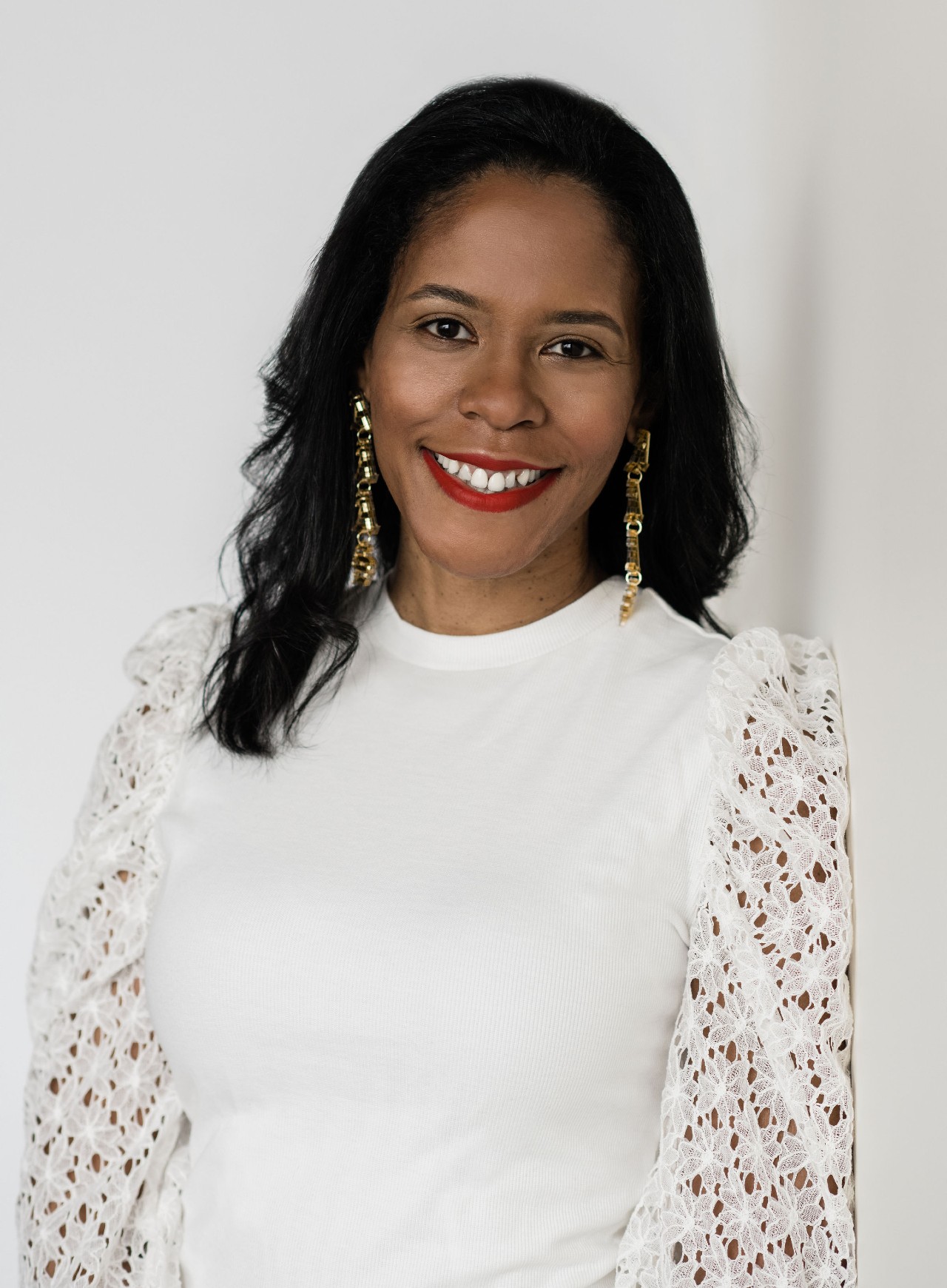On Aug. 11, the cultural and musical movement known as hip-hop will celebrate 50 years. Michigan State University experts Emery Petchauer and Ruth Nicole Brown are available to comment.
Petchauer, a professor in the MSU Department of English, focuses on the aesthetic practices of urban arts, particularly hip-hop culture, and their connections to teaching, learning and living. He is the author of “Hip-Hop Culture in College Students’ Lives,” the first scholarly study of hip-hop culture on college campuses, and the co-editor of “Schooling Hip-Hop: Expanding Hip-Hop Based Education Across the Curriculum.”
Brown is an MSU Research Foundation Professor and the inaugural chair of MSU’s Department of African American and African Studies. She is the author of “Black Girlhood Celebration: Toward a Hip-Hop Feminist Pedagogy,” and co-author of “Wish to Live: The Hip-Hop Feminism Pedagogy Reader” with Chamara Kwakye, an academic specialist in the MSU Department of African American and African Studies.
What exactly marks 50 years of hip-hop? How did it start? Who coined the term?
Petchauer: The 50-year marker refers to the commemorated date when DJ Kool Herc, also known as Clive Campbell, played just the breakdown portion of records during a small party in the Bronx, New York.
The term ‘hip-hop’ didn’t come into play until 1982 when DJ Afrika Bambaataa used it to reference breaking, rapping, DJing and stylized lettering during interviews with the New York City publications East Village Eye and the Village Voice. The phrase had been commonly used in many emcees’ raps for at least a decade but after Afrika Bambaataa’s interview, ‘hip-hop’ became an umbrella term for the shared practices he was referring to.
Why is the anniversary important?
Petchauer: The anniversary of hip-hop is important because it has allowed people — even forced them — to reexamine and interrogate some of the myths surrounding the anniversary itself. What counts as the ‘birth’ of a culture or ‘inventing’ an artistic practice? Why have some figures and their version of stories been emphasized at the cost of others? What’s at stake in all of this? These are questions the anniversary is making people take more seriously.

What is hip-hop’s influence on culture — both in America and globally? How has this influence expanded in the last 50 years?
Brown: Hip-hop’s influence in the United States and globally is undeniable. Hip-hop culture is expansive. Hip-hop is informed by and also transforms the social, political, economic, educational and cultural systems through which it is expressed, created, produced and circulated.
How has hip-hop evolved over time?
Petchauer: There are multiple eras and chambers of stylistic innovation in breaking and funk style dances, DJing and turntablism, beats and production, urban stylized lettering and, of course, rap music. These evolutions happen by the exchanges people have with one another through these hip-hop practices and expressions. The dance, the sound, the music, etc. — they are the means of exchange.
What does hip-hop represent for the communities it serves — often urban and Black communities?
Brown: It’s important to remember that hip-hop is something we make and do, not only something we consume. This is something that’s important to faculty members in MSU’s Department of African American and African Studies. We have a recording studio that will be a place where hip-hop music — and other types of music — will be created. We’re excited to advance Black artistry and aesthetics informed by Black study.
Who are your top five favorite hip-hop artists?
Brown: Mother Nature, Noname, Erykah Badu, Lauryn Hill and Missy Elliott — but there are so many artists I enjoy.
Petchauer: Ken Swift, Rammellzee, PHASE 2, J Dilla and YNOT.
